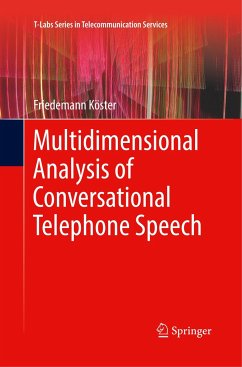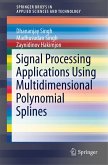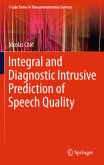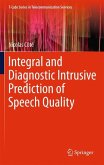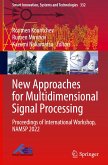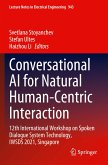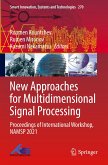This book presents a new diagnostic information methodology to assess the quality of conversational telephone speech. For this, a conversation is separated into three individual conversational phases (listening, speaking, and interaction), and for each phase corresponding perceptual dimensions are identified. A new analytic test method allows gathering dimension ratings from non-expert test subjects in a direct way. The identification of the perceptual dimensions and the new test method are validated in two sophisticated conversational experiments. The dimension scores gathered with the new test method are used to determine the quality of each conversational phase, and the qualities of the three phases, in turn, are combined for overall conversational quality modeling. The conducted fundamental research forms the basis for the development of a preliminary new instrumental diagnostic conversational quality model. This multidimensional analysis of conversational telephone speech isa major landmark towards deeply analyzing conversational speech quality for diagnosis and optimization of telecommunication systems.
Bitte wählen Sie Ihr Anliegen aus.
Rechnungen
Retourenschein anfordern
Bestellstatus
Storno

